EU, UK slap fresh sanctions on Myanmar’s junta over coup, crackdown
The European Union (EU) and Britain have tightened sanctions on Myanmar’s military, as the Southeast Asian country stands on the brink of a civil war four months after a coup d'état.
The EU updated a blacklist of entities on Monday by adding eight officials from the junta and three firms linked to the military. The sanctions — asset freezes and visa bans — targeted the ministers of the interior, security, finance, natural resources, and transport.
The EU also added the Myanmar War Veterans Organization, which acts as a reserve force for the military, to the blacklist.
That brought the number of the individuals and entities targeted with sanctions by Brussels to 49 since the bloc’s first round of punitive measures agreed in March.
Britain also added three Myanmarese entities to its sanctions list on Monday, according to a notice posted on the government website.
Britain strengthened its advice to businesses, stressing that they must “undertake enhanced supply chain due diligence and should not enter into trading relationships that benefit the Myanmar military.”
Foreign Minister Dominic Raab said that London “will continue to hold the junta to account and sanction those responsible, until democracy is restored.”
“The military has continued its subversion of democracy and brutal killing of civilians,” he added.
Since the coup on February 1, protesters have been demanding the restoration of civilian rule and the release of civilian leader Aung San Suu Kyi and her associates, who have been under arrest ever since.
The protests have been met with a military crackdown, which has killed over 860 people. More than 4,500 people have also been detained so far.
On Friday, the United Nations General Assembly adopted a resolution with the support of 119 countries calling on “all member states to prevent the flow of arms into Myanmar.”
Russia, Myanmar junta agree to bolster ties
Russia, which has previously warned against imposing sanctions on Myanmar’s military, hosted the junta leader Min Aung Hlaing on Monday.
The secretary of Russia’s Security Council, Nikolai Patrushev, and Min discussed the “fight against terrorism, issues related to regional security” and foreign interference in Myanmar.
At the meeting, they also committed to further strengthening security and other ties.
This is the junta leader’s second known trip abroad since the coup.
Russia warned the West in April that punitive measures could spark a large-scale civil conflict in Myanmar, while expressing concern about the civilian casualties in the protests.
Campaign groups, however, welcomed the West’s sanctions against Myanmar, saying the bans were a way of keeping up economic pressure on the junta.
“The EU must now also look at creative ways to stop oil and gas revenue reaching the military,” said executive director of the Burma Campaign UK, Anna Roberts. “It is vital to continue to systematically identify and cut sources of revenue to the military.”
The London-based Environmental Investigation Agency (EIA), which probes transnational wildlife crime, illegal logging and deforestation, also welcomed the move, saying, “With these targeted sanctions, we will be able to stop the flow of hard currency to those who profit individually.”
Russian court orders Google to pay staggering fine of $20 decillion
Yemeni forces carried out five operations in Haifa, targeting six ships, in one year: Report
VIDEO | US-Israeli war on West Asia
Israeli war machine fails to penetrate Lebanon despite barbaric bombardment: Houthi
VIDEO | Is West's dominance over?
VIDEO | Five Syrians killed in Israeli airstrikes on al-Qusayr near Homs
VIDEO | South African resistance leaders reflect on ways to overcome Israeli aggression
VIDEO | Press TV's news headlines


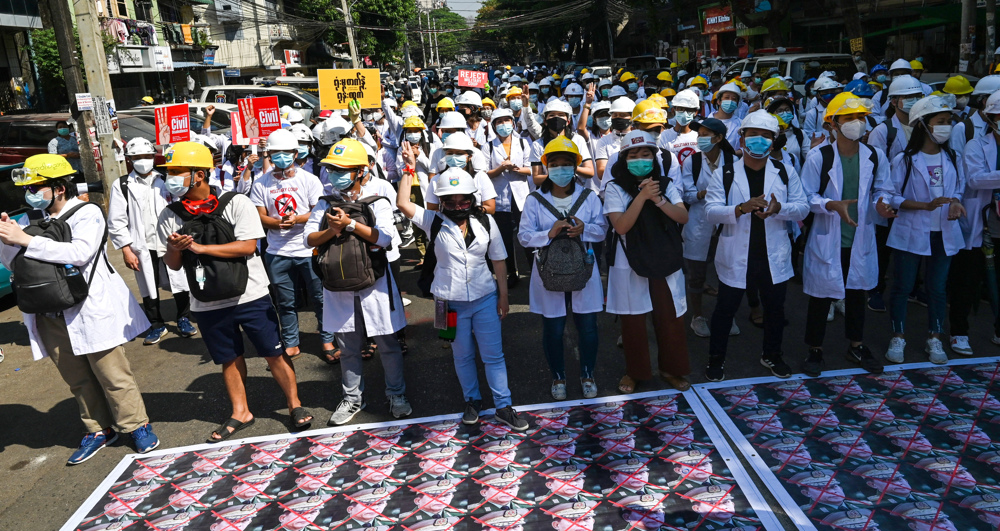


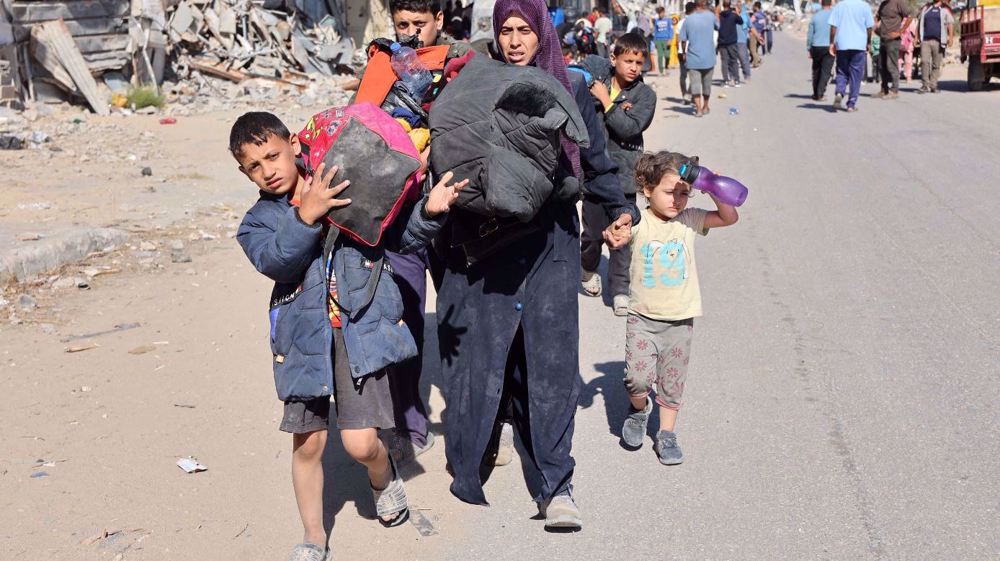
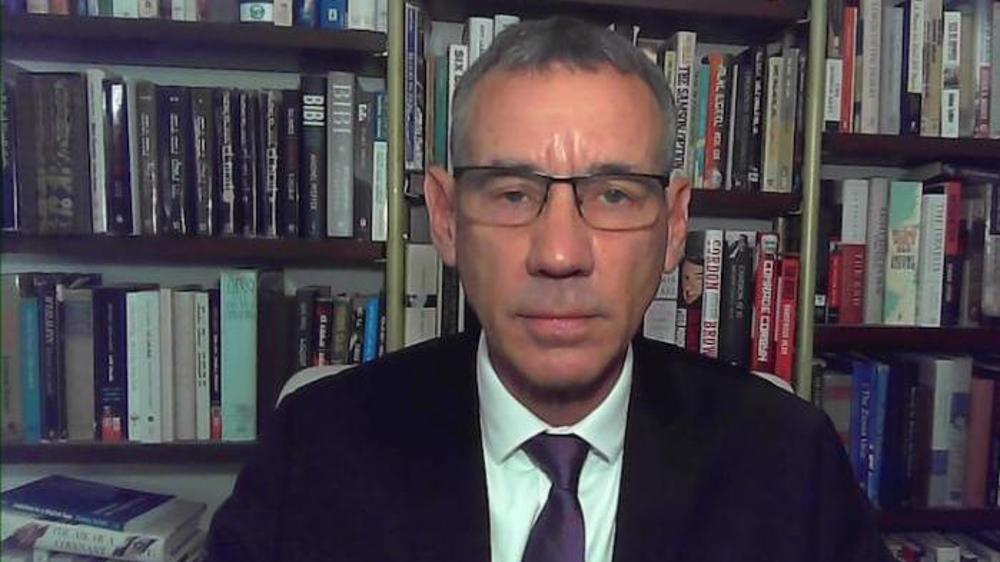
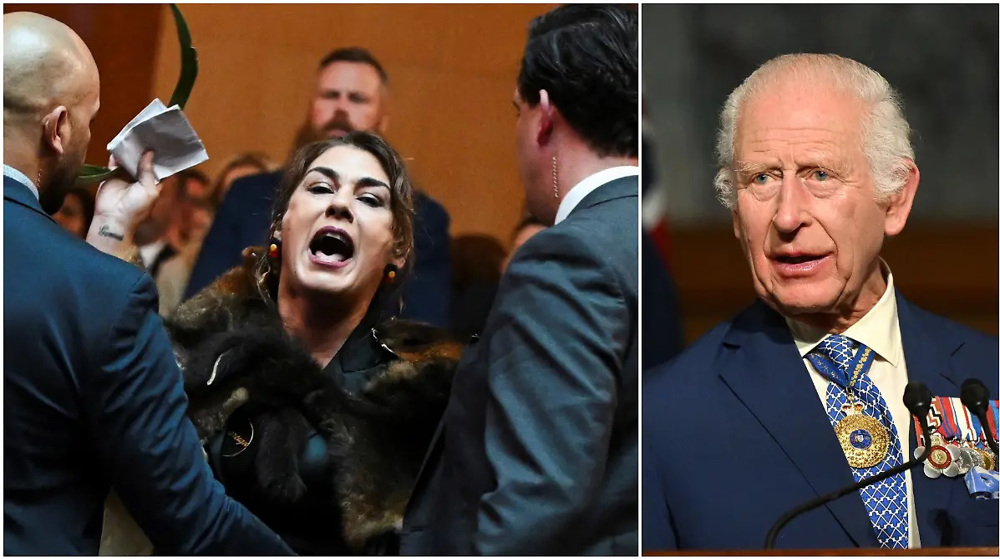



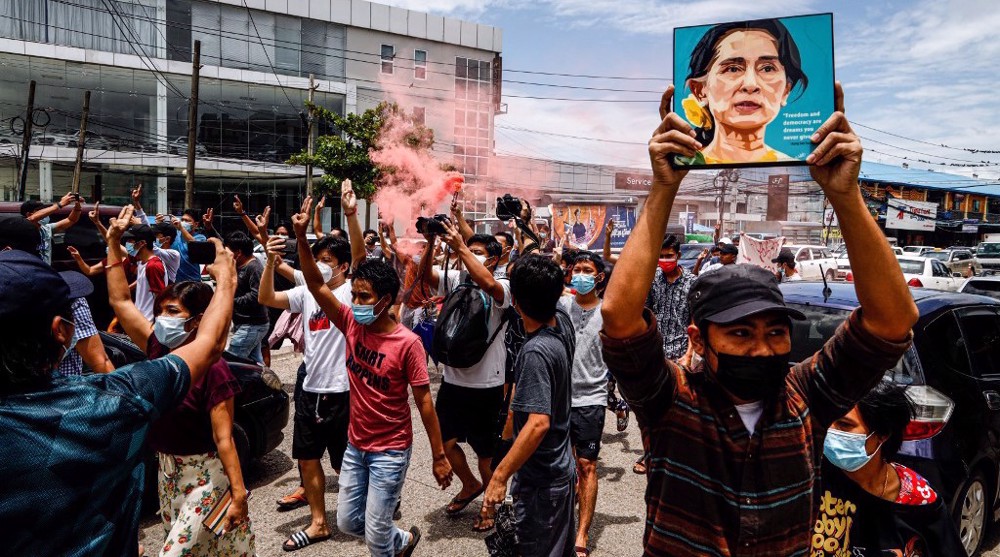
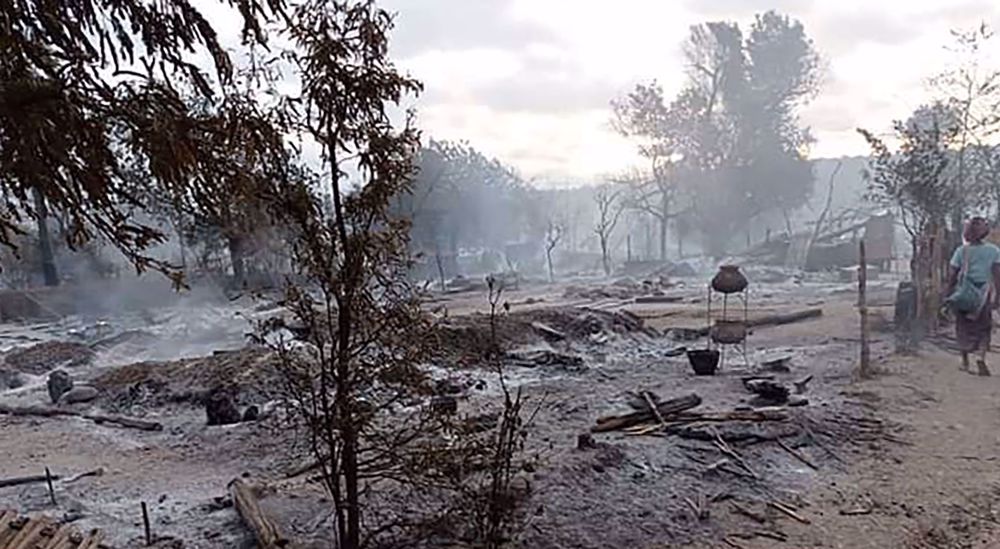
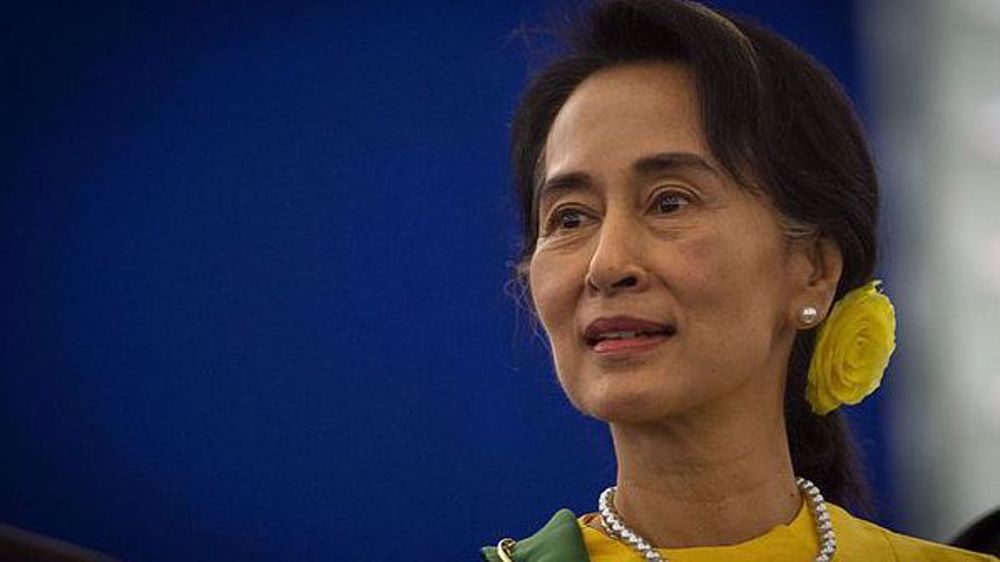

 This makes it easy to access the Press TV website
This makes it easy to access the Press TV website